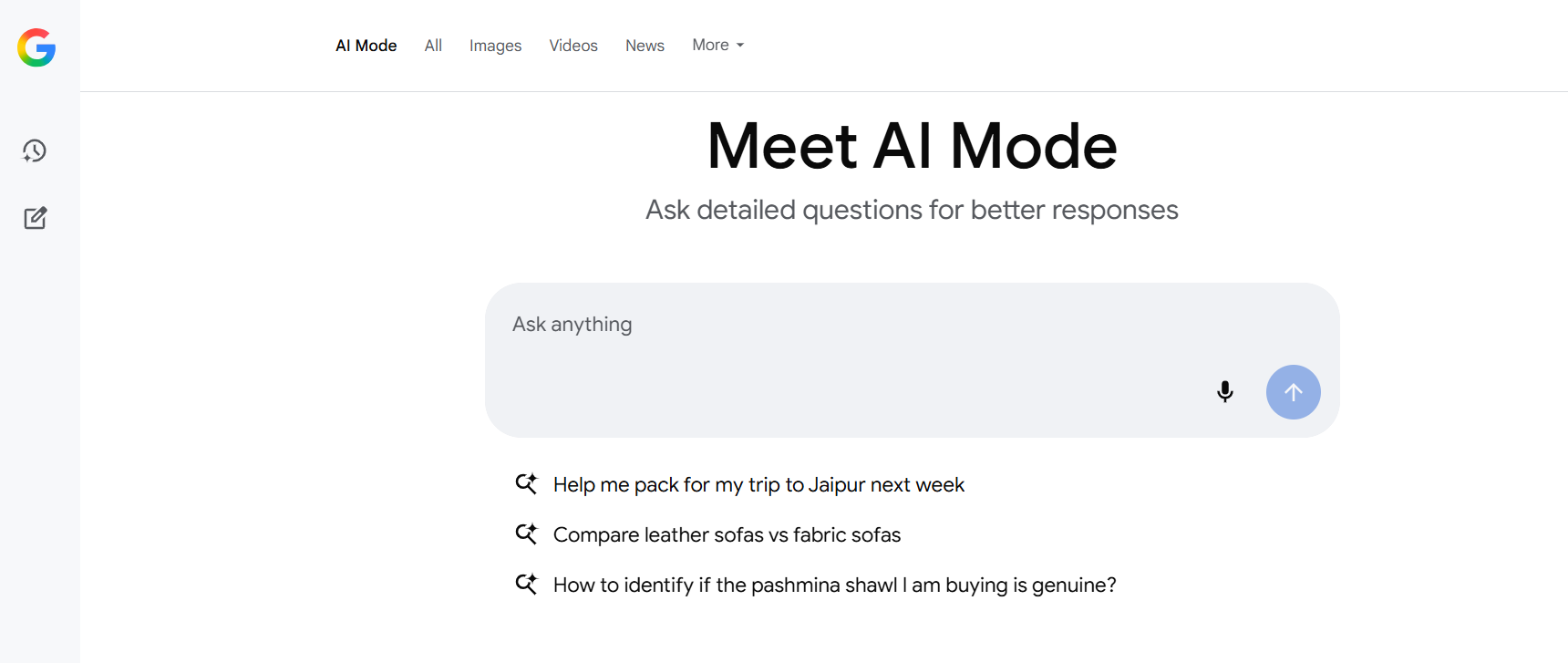The choice between developing a native app and using cross platform tools depends on many factors. If you want to take advantage of newer features in the underlying OS, a user experience that fits the platform, better performance, more control over optimization, etc., a native app will always be a better choice.
Due to the wide variety of smart phone vendors, their devices with multiple form-factors/OS and its versions, it has already become a headache not only for software vendors, but also for business people like you.
A Native App is an app developed essentially for one particular mobile device and is installed directly onto the device itself. Users of native apps usually download them via app stores online or the app marketplace, such as the Apple App Store, the Google Play store and so on.
There are some things you only get with native apps:
Multi touch
double taps, pinch-spread, and other compound UI gestures.
Fast graphics API
the native platform gives you the fastest graphics, which may not be a big deal if you’re showing a static screen with only a few elements, or a very big deal if you’re using a lot of data and require a fast refresh.
Fluid animation
related to the fast graphics API is the ability to have fluid animation. This is especially important in gaming, highly interactive reporting, or intensely computational algorithms for transforming photos and sounds.
Built-in components
The camera, address book, geolocation, and other features native to the device can be seamlessly integrated into mobile apps. Another important built-in components is encrypted storage, but more about that later.
Ease of use
The native platform is what people are accustomed to, and so when you add that familiarity with all of the native features they expect, you have an app that’s just plain easier to use.
Documentation
There are over 2500 books alone for iOS and Android development, with many more articles, blog posts, and detailed technical threads on sites like StackOverflow.
The level of experience required is higher than other development scenarios, you don’t just cut and paste Objective-C and expect it to work. Indeed, the technological know-how of your development team is an important consideration. If you’re a professional developer, you don’t have to be sold on proven APIs and frameworks, painless special effects through established components, or the benefits of having your code all in one place. Let’s face it, today a skilled native iOS or Android developer is a rock star, and can make rock star demands.
For companies with sufficient allocated budget that are planning to build and maintain large app projects and do not want to worry about limitations for implementing new technologies, and support, native is a better choice.

 Web and Full Stack
Web and Full Stack CMS and Frameworks
CMS and Frameworks Online Marketing
Online Marketing Cloud Services
Cloud Services ECommerce
ECommerce Mobile
Mobile



